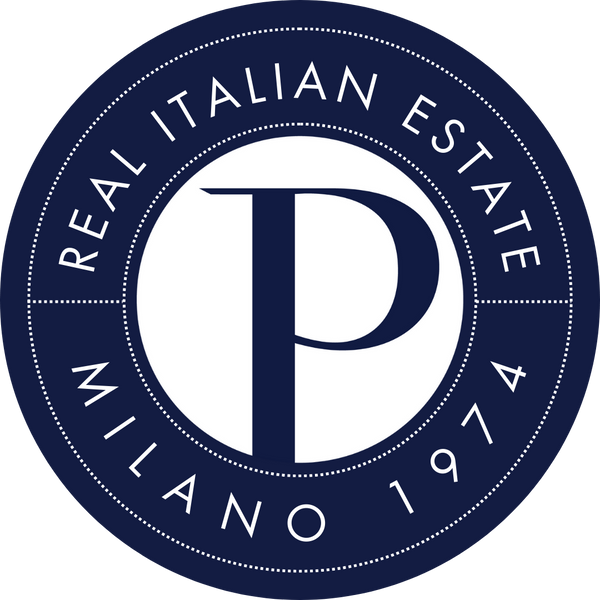When diving into the real estate market, especially in vibrant cities like Dubai, it's essential to understand the difference between freehold and leasehold properties. Each type offers distinct advantages and considerations that can influence your investment or home-buying decisions. Here’s a comprehensive guide to understanding these two property ownership models.
What is Freehold Property?
Freehold property ownership provides you with full and permanent ownership of the property and the land it stands on. This type of ownership allows you to control the property without any time limitations. You can live in, rent out, sell, or transfer ownership of the property at your discretion.
Benefits
- Perpetual Ownership: You own the property indefinitely, and your rights are not affected by time limits.
- Complete Control: You have full authority to modify, lease, or sell the property without needing approval from a landlord or leaseholder.
- Inheritance: Freehold properties can be passed down to heirs, ensuring long-term family investment.
What is Leasehold Property?
Leasehold property ownership provides you with the right to use and occupy a property for a specified period, as outlined in the lease agreement. The land on which the property is situated remains under the ownership of the freeholder or landlord. Lease terms typically range from 30 to 99 years but can vary.

Benefits
- Lower Initial Cost: Leasehold properties often have a lower purchase price compared to freehold properties.
- Less Responsibility: Maintenance of the building’s structure and communal areas are typically managed by the freeholder, reducing the burden on leaseholders.
Key Differences Between Freehold and Leasehold Properties
Ownership Duration
- Freehold: Permanent ownership with no time limit.
- Leasehold: Ownership for a set period as per the lease agreement, after which the property may revert to the freeholder.
Maintenance Responsibilities
- Freehold: The property owner is responsible for all maintenance and repairs.
- Leasehold: The leaseholder may only be responsible for internal maintenance, while the freeholder manages the exterior and communal areas.
Value and Investment
- Freehold: Generally holds a higher value due to permanent ownership rights. It can also offer better long-term investment potential.
- Leasehold: Often valued lower due to the finite term of ownership. The property’s value can decrease as the lease term shortens.
Modification and Renovation
- Freehold: Owners have the freedom to make changes or renovations to the property without seeking additional permissions.
- Leasehold: Major alterations typically require consent from the freeholder, which may involve additional costs and approvals.
Resale and Transfer
- Freehold: Easier to sell and transfer ownership without the constraints of lease terms.
- Leasehold: The value can be impacted by the length of the lease remaining. Properties with short lease terms may be harder to sell and less attractive to potential buyers.

Considerations for Buyers and Investors
Legal and Financial Implications
- Freehold: Provides clear ownership rights and fewer restrictions, but often requires a larger initial investment.
- Leasehold: May involve additional fees, such as ground rent and service charges, which should be factored into your financial planning.
Market Trends
- Freehold: In high-demand areas, freehold properties often appreciate in value and offer better long-term investment returns.
- Leasehold: Market value can be more volatile, influenced by the remaining term of the lease and the property's condition.
Future Planning
- Freehold: Ideal for those seeking long-term security and the ability to modify their property.
- Leasehold: Suitable for those looking for a lower initial investment with manageable maintenance responsibilities but should consider the long-term implications of the lease term.
Understanding the differences between freehold and leasehold properties is crucial when making real estate decisions. Freehold properties offer permanent ownership and control, while leasehold properties provide a more affordable entry point with shared maintenance responsibilities. Each option has its benefits and considerations, so it's essential to evaluate your personal needs, financial situation, and long-term goals before making a decision.
Whether you choose a freehold or leasehold property, thorough research and professional advice can help you make an informed investment that aligns with your objectives. Our investment advisors at Preatoni Properties can help you navigate the Dubai real estate market prudently. Contact us on 800-MILAN or discover@preatoniproperties.com for more!

